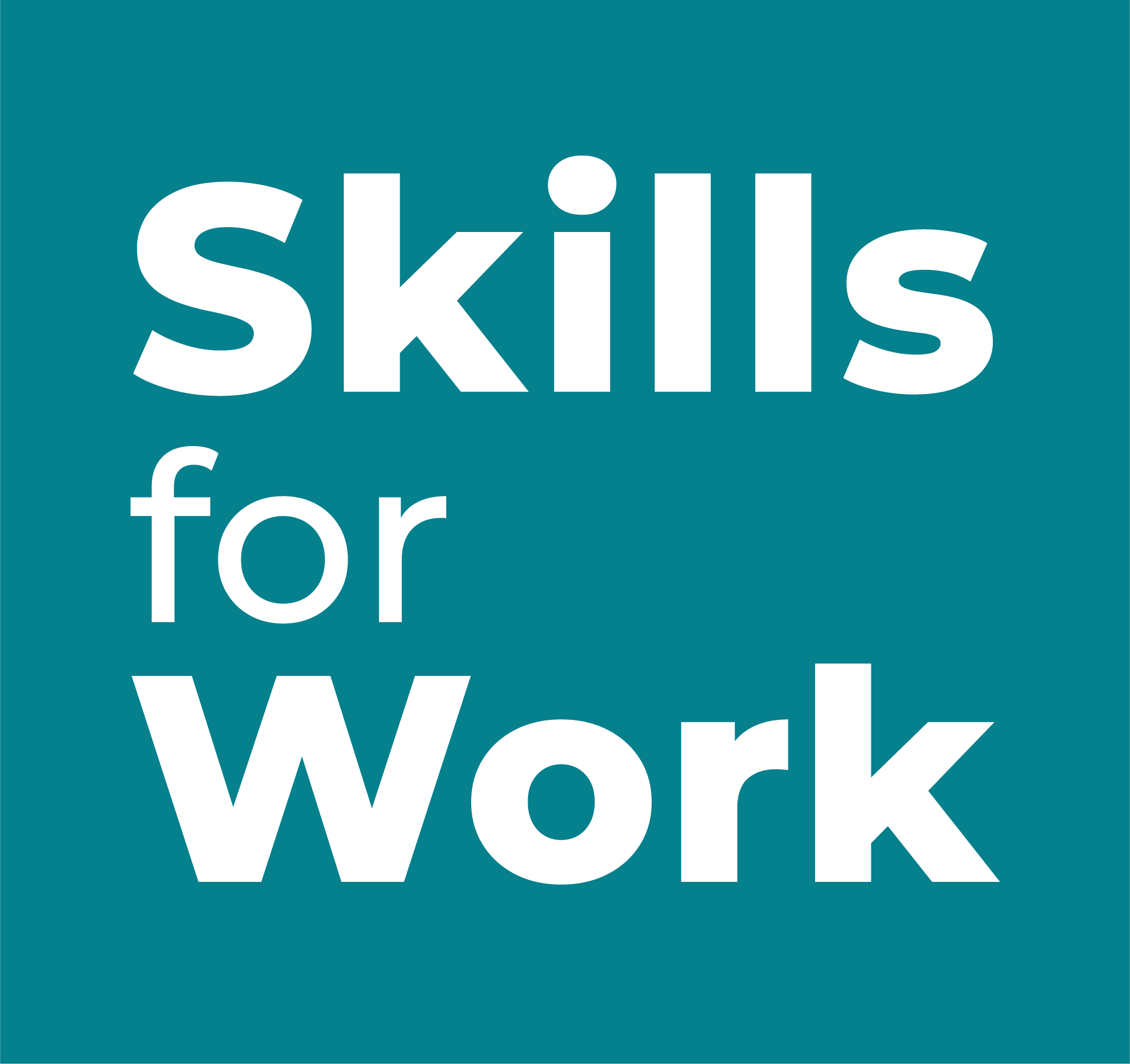Interview Tips
Tips for a successful interview
When you show an employer that you know about their organisation, they will feel like you have an understanding about their business and you care about the role. It is a way to show that you’re interested in the job. Drop a little information about them in your answers and you’ll seem keen. It shows that you understand what the company is and who they’re looking for.
Check the employer’s website
Find them on social media
Look up other websites
Use Google or search engines and look for news about that industry or company
Ask a friend – if you know someone who works there ask them about their job and if there are any points/skills that are important
First impressions are huge. It is important to feel comfortable and to dress smart/appropriately. Employers care less about what you’re wearing and more about what you’re saying. While it’s important to dress well, it’s not as important as who you are.
Keep it comfortable - Find clothes that fit well and are clean. You want to feel calm during your interview and wearing uncomfortable clothing and accessories will stop you relaxing and performing your best
Be yourself – The outfit you wear should be smart but it should also be true to you. The interviewer will be looking to find out about you and your personality.
Dress for the role – find out how people dress in the company, explore their website for examples
DO not be late! Make sure you arrive at least 5 minutes before your interview time - not only will this prove you're punctual, it will give you time to calm any nerves and prepare yourself.
Before the interview day figure out how long it will take you to get there. Identify any travel routes, public transport times etc. If you are able to, go for a test run to see how to get there, which will save you from any unnecessary stress on the day.
Listen carefully to your interview questions, take a second to prepare your response, then answer. It's okay if you need to ask the interviewer to repeat the question, and don't feel like you need to be constantly talking.
Remember to ask questions too - you can even write some down before the interview to give you talking points. When you’re giving examples of tasks you’ve completed, go into detail. What did you do? What problems did you face? What did you achieve and how?
It’s easy to go blank under pressure - but remember you have so many skills and strengths! It's good practice to remind yourself of them before the interview. Take a look over the CV or application form you sent in for the role and remind yourself of those qualities and how great you are. Having a read of these can prompt what you may want to talk about on the day of the interview.
It can be very easy to get caught lying during an interview so remember to stick to the truth. After your interview, you may feel like you should or shouldn’t have said something, but don’t worry as often people do better than they think they did.
Prepare some questions that you may want to ask at the end of the interview. Eg how many people work within a specific team; what opportunities are there for development or when can you expect to hear the outcome of your interview
Not getting a job does not mean you don’t have the skills or are not good enough. Often it is just a case that someone else who applied was better suited than you. The fact that you got an interview shows that you have something to be proud of and the employer has read something that they value.
Don't get down, keep applying, and if you feel like you need any extra help, including interview practice, get in touch with us HERE


